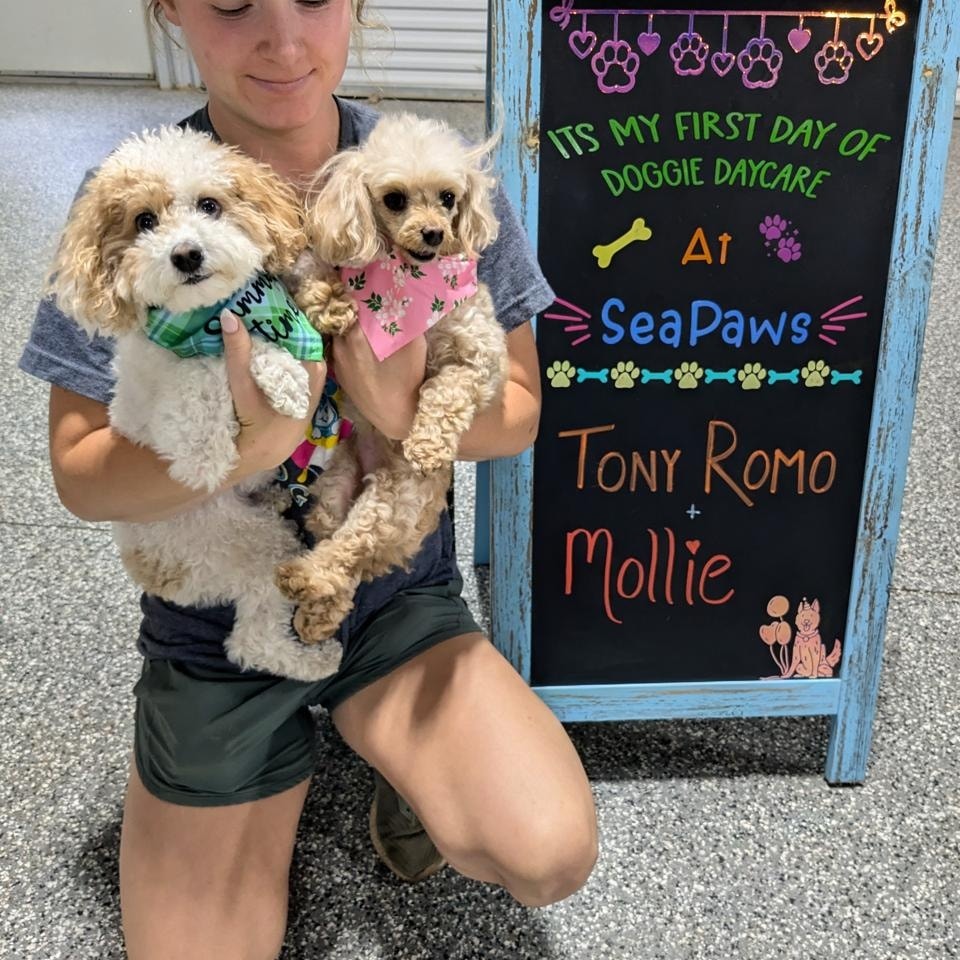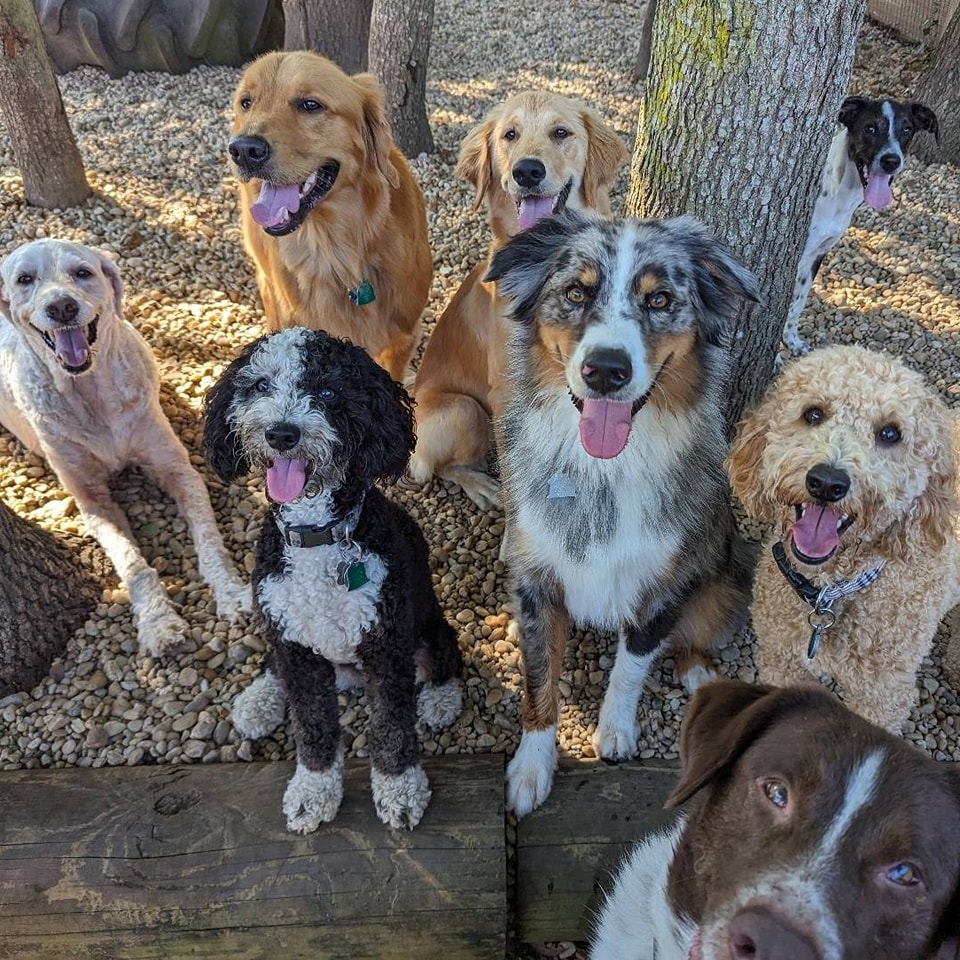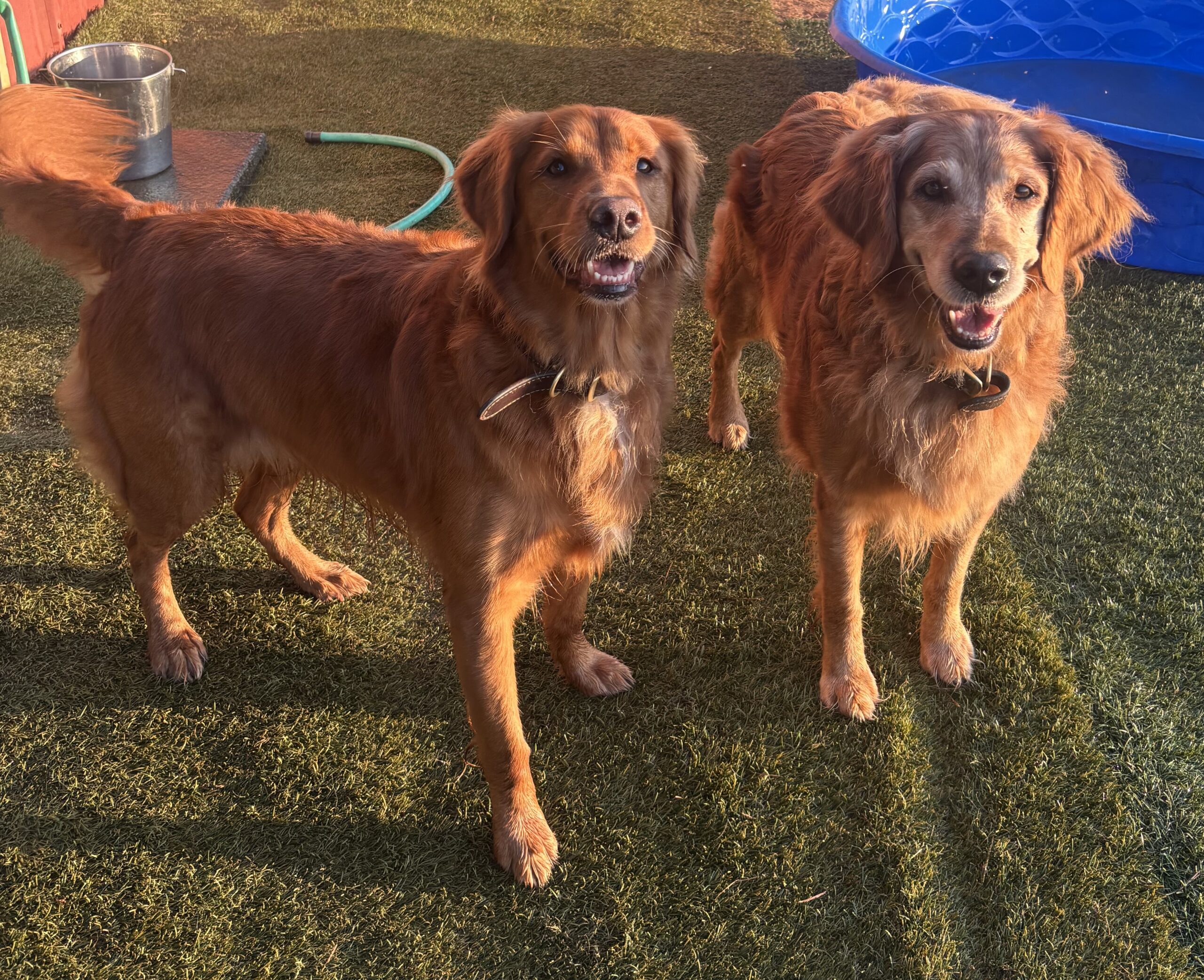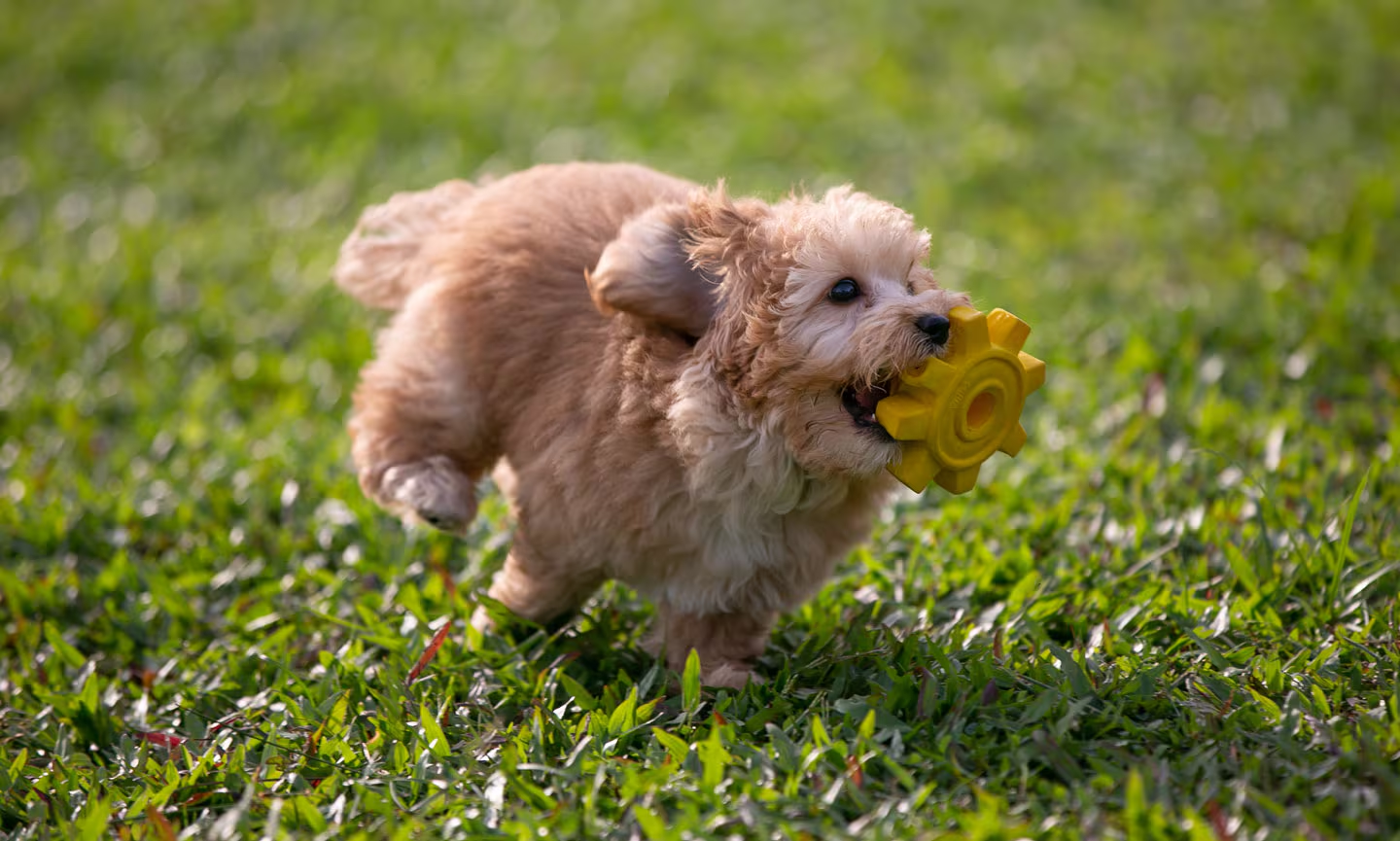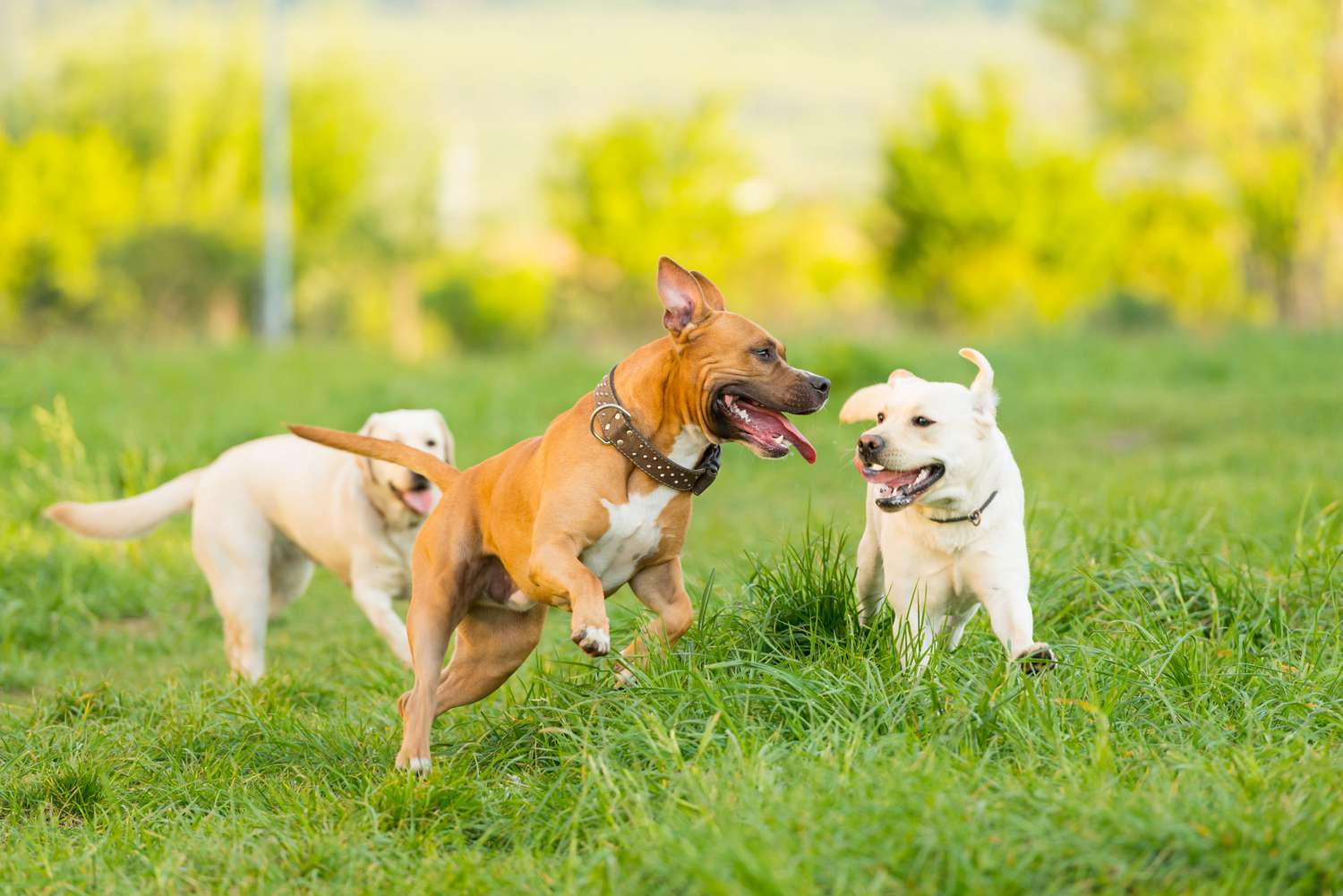When a puppy first opens its eyes to the world, every sound, sight, and smell is a new experience. These early encounters lay the groundwork for a dog’s lifelong behavior, temperament, and ability to adapt to its surroundings. Socialization isn’t just a nice bonus for a dog—it’s a critical part of their development. Yet many dog owners don’t realize how essential this process is until they begin to see signs of anxiety, fear, or reactivity later on. For pet parents who want a confident, well-adjusted companion, socialization must begin early and continue consistently in positive, controlled environments.
Socialization refers to the exposure a dog has to a wide variety of people, other animals, places, and experiences during its formative months. The goal is not just to make a dog friendly, but to help it become comfortable and confident in different settings. A well-socialized dog is not just easier to live with—it’s also safer, more relaxed, and less likely to respond to the unfamiliar with fear-based behaviors. Understanding why this process is so important and how to approach it the right way can help set dogs up for success both at home and in public spaces.
The Window of Opportunity: Why Timing Matters
Much of a dog’s personality is shaped within the first few months of life. Canine behaviorists often refer to the period between three and fourteen weeks of age as the critical window for social development. During this time, puppies are especially receptive to new experiences and less likely to react with fear. Exposing them to a range of environments, surfaces, sounds, people, and other animals during this stage helps them develop a healthy sense of curiosity rather than caution. If that exposure is limited, negative, or nonexistent, it becomes much harder to correct behavioral issues later on.
That’s not to say that adult dogs can’t learn to be more confident or adapt to new situations, but early socialization gives them a valuable head start. A dog that was never around other dogs or people as a puppy may grow up to be nervous, territorial, or even aggressive in unfamiliar settings. These behaviors aren’t signs of a “bad dog”—they’re often the result of fear or uncertainty that could have been prevented with early and positive exposure. By investing in socialization from the beginning, dog owners can prevent many behavioral challenges before they ever arise.
Building Confidence Through Positive Encounters
Confidence in dogs doesn’t develop by accident—it comes from experience. When a dog learns that new people, unfamiliar dogs, and different places are not threats, it gains a sense of trust in its environment. This confidence leads to better decision-making, reduced anxiety, and a greater ability to adapt to new situations. Socialized dogs are more likely to handle change with calmness rather than panic, whether it’s meeting a new pet sitter, encountering children at a park, or spending a weekend at a doggy daycare like Seapaws.
The key to building this confidence is ensuring that social interactions are positive and low-pressure. Dogs should be introduced to new experiences gradually, in ways that allow them to observe and explore without feeling overwhelmed. At Seapaws, our staff understands the importance of pacing and pairing dogs with the right playmates based on personality and comfort level. We prioritize calm, structured environments where dogs can build confidence at their own pace while still engaging with new faces and situations. When early interactions are safe and rewarding, dogs begin to associate novelty with good things—praise, play, and affection.
Reducing Reactivity and Preventing Fear-Based Behavior
One of the most common behavioral issues seen in dogs that lack proper socialization is reactivity. This can take the form of barking, lunging, growling, or shutting down in response to new people, dogs, or situations. These reactions are often misinterpreted as aggression, when in fact they are usually driven by fear. A dog that has not learned how to interpret social cues or navigate new environments may become defensive or anxious, especially when caught off guard.
By exposing dogs to new experiences early and often, pet parents can help reduce the likelihood of fear-based responses. Well-socialized dogs are less reactive because they have learned that new situations are not inherently threatening. They are also more comfortable communicating with other dogs, understanding body language, and deescalating tense moments without resorting to aggression. This not only makes life easier for dog owners, but it also creates safer public environments where dogs can enjoy walks, parks, and community events without incident.
Seapaws plays a role in maintaining and reinforcing those social skills by offering consistent, structured interaction in a supervised environment. Unlike a dog park, where interactions are unpredictable and sometimes unsafe, Seapaws provides professional oversight to ensure that all dogs are playing appropriately and comfortably. Over time, regular participation in a positive social setting helps reinforce calm behavior and builds the kind of emotional resilience that dogs carry with them into every part of their lives.
The Role of Routine in Ongoing Socialization
While the early months are crucial, socialization doesn’t end after puppyhood. Dogs continue to benefit from regular interaction and exposure throughout their lives. Like people, dogs are creatures of habit, and the more consistent their positive social experiences, the more secure and balanced they become. A dog that attends daycare regularly is exposed to new playmates, different smells, and changing routines—all of which help keep social skills sharp and confidence strong.
Routine also helps dogs manage stress. When they know what to expect and feel safe in their surroundings, they are less likely to react poorly when something unexpected occurs. This is particularly important for dogs who may have had limited socialization early in life. Daycare and dog-friendly boarding facilities like Seapaws provide a stable, supportive space where even older or more reserved dogs can slowly build the trust they need to feel comfortable.
Dogs that are isolated or lack routine social interaction may regress in their behavior. They can become territorial, overly attached to their owners, or suspicious of strangers. That’s why it’s so important for dogs of all ages to continue socializing, especially in environments where they are supported and guided by experienced professionals. Seapaws is designed to be just that—an ongoing opportunity for dogs to thrive emotionally, mentally, and socially.
How Socialization Benefits Pet Parents Too
While the focus is on the dogs, there’s no denying that well-socialized pets make life easier and more enjoyable for their humans. Dogs that are confident and friendly are welcome in more places, easier to travel with, and less likely to cause stress at home. They respond better to training, adapt to household changes, and are generally more predictable and pleasant to be around. This creates a more harmonious relationship between dog and owner, which is what every pet parent ultimately wants.
Knowing that your dog can be trusted around guests, other dogs, or children offers peace of mind. It reduces the need for constant supervision and allows you to include your dog in more of your daily activities without worry. When dogs are socially skilled, they bring more joy, more fun, and more connection to everyday life. And for those times when you can’t be there—whether it’s a long workday or a weekend trip—you’ll have the confidence of knowing your dog is happy, relaxed, and thriving in a place like Seapaws.
The investment in socialization pays off in countless ways. It reduces the likelihood of expensive training interventions down the road, prevents destructive or aggressive behaviors, and improves a dog’s overall quality of life. It also deepens the bond between dog and owner, because trust and communication become easier when fear isn’t in the way.
Supporting Your Dog’s Social Growth at Seapaws
At Seapaws, we believe in nurturing not just the physical needs of your dog, but their emotional well-being too. Our daycare and resort are designed to provide more than just supervision—we create enriching, positive experiences that reinforce good social behavior. Every dog is treated as an individual, with attention to their comfort level, play style, and unique personality. This thoughtful approach helps us pair dogs appropriately and create an environment where each pup can shine.
We see firsthand the transformation that consistent socialization can bring. Dogs who were once shy begin to approach new playmates with excitement. Nervous dogs grow more confident in new environments. Even those with previous negative experiences can learn that the world is not such a scary place after all. This progress happens not overnight, but through routine, patience, and compassion—and that’s exactly what Seapaws offers every day.
For new pet parents, we offer guidance and support in introducing your dog to group play safely and successfully. For returning clients, we provide a steady, familiar place for your dog to continue building their confidence and enjoying healthy social interactions. Whether your dog is a social butterfly or needs a little extra encouragement, we’re here to help them grow and thrive.
A Lifetime of Confidence Starts with the Right Foundation
The importance of socialization cannot be overstated. From the very first weeks of life, the experiences a dog has shape how they see the world—and how they respond to it. A confident, well-socialized dog is not just happier and more secure, but better equipped to handle life’s many surprises. As a pet parent, the greatest gift you can give your dog is the chance to explore the world in safe, supportive ways.
At Seapaws, we’re proud to be part of that journey. We believe in the power of early social experiences and in the lasting impact they have on a dog’s behavior and happiness. By choosing consistent, positive socialization in a setting designed just for them, you’re setting your dog up for a lifetime of confidence, joy, and connection. And there’s no better foundation for a healthy, happy life together.

